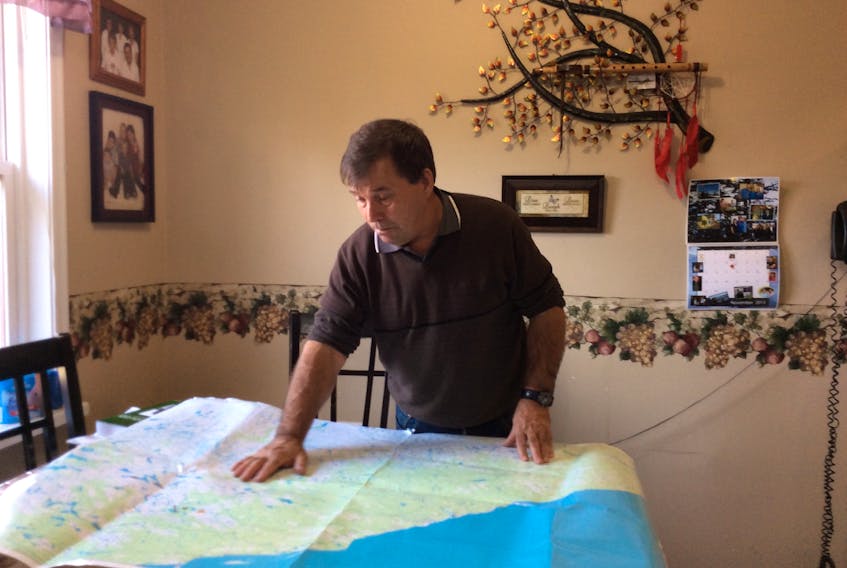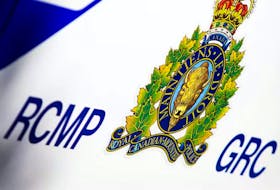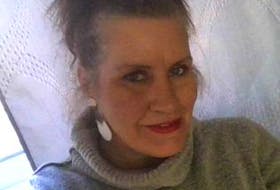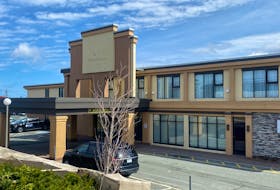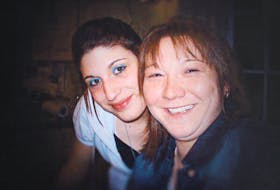Whether it’s for hunting, fishing, gathering, farming, camping or otherwise, the Qalipu Mi’kmaq First Nation Band wants to know how its members use the land.
Again this year, the band is hoping to expand its own knowledge base of not just the activities of members, but where they go to pursue them.
Starting Monday and lasting until Jan. 8, the band will be conducting interviews with members who are willing to discuss how they use the land for cultural purposes.
The information gleaned will be added to all that has been compiled during previous land use surveys, which date back to the first one conducted by the Federation of Newfoundland Indians in 1999.
Qalipu has been updating the study for the past four years now. Jonathan Strickland, manager of natural resources with Service Qalipu, said there is still a lot of information coming forward and no shortage of it yet to come.
In addition to fleshing out the body of knowledge pertaining to how and where Qalipu members make traditional use of the land, Strickland said the study is helpful when it comes to land management as well.
In that regard, he said knowing where people frequent and the concentration of activities in these areas can help Qalipu in talks with other entities that might also see value in certain areas. For instance, if industry wanted to develop an area where many Qalipu members fish or gather berries, an argument for preservation or mitigating measures might be made.
Acknowledging Qalipu was formed as landless band, he said the study could also shed light on just where Mi’kmaq traditional territories are. While there is no map developed and that territory could be found to encompass much, if not all of, the island of Newfoundland, Strickland said the information could be used if Qalipu were to ever launch a lands claim.
He emphasized there is no such plan to file a lands claim in the works right now.
Anyone who wishes to be interviewed about their traditional land use can arrange to do so by emailing project coordinator Sara Leah Hindy at [email protected] or calling 634-9653.
To be eligible for an interview, one must be a Qalipu member and 18 years of age or older.

